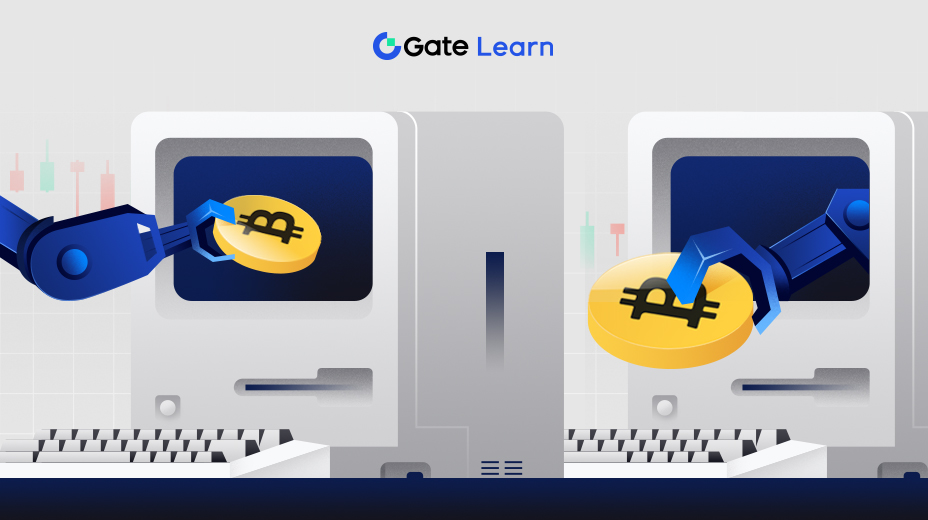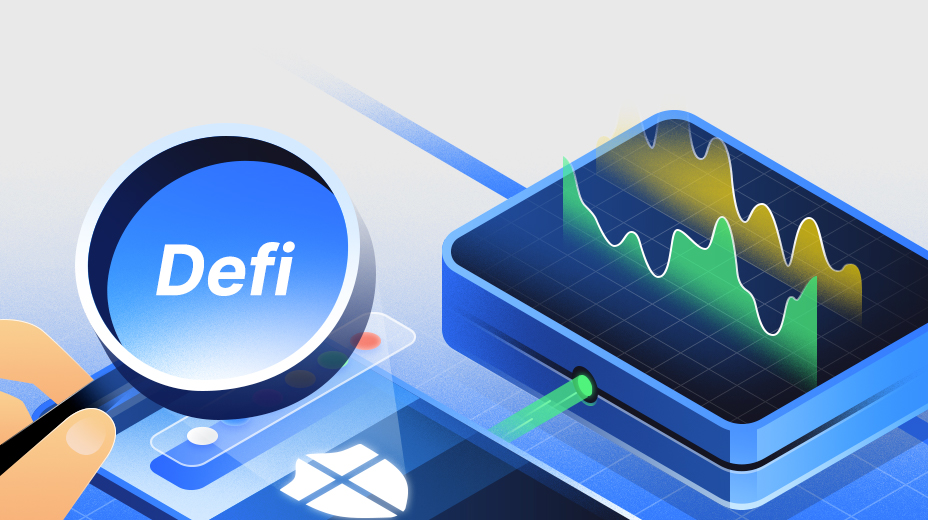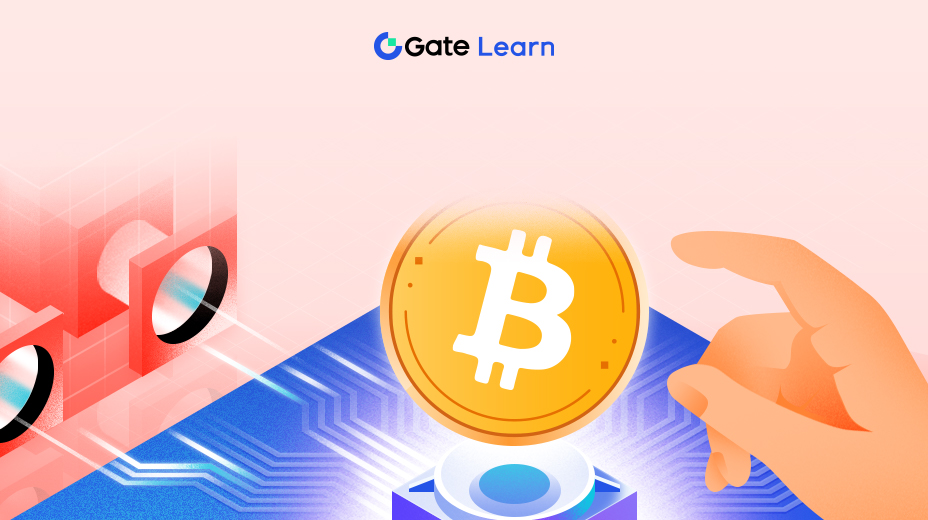هولو (ساخن)
يتمحور الوحدة 6 حول هولو ونظامها البيئي. سنناقش الرؤية والتكنولوجيا وراء هولو، ونهجها في استضافة اللامركزية، ودور وقيمة رموز HOT. توفر هذه الوحدة رؤى حول كيفية جسر هولو بين التطبيقات اللامركزية ومستخدمي الإنترنت الرئيسيين.

رؤية وتكنولوجيا هولو
هولو هي منصة استضافة لامركزية تهدف إلى تعزيز الجسر بين العوالم اللامركزية والمركزية. رؤيتها هي خلق شبكة الإنترنت حيث يتحكم المستخدمون في بياناتهم الخاصة وهويتهم ومعاملاتهم. تم بناء هولو على Holochain، وهو إطار لتطوير التطبيقات اللامركزية (dApps) التي لا تتطلب استخدام تقنية البلوكشين. يقدم Holochain بديلاً أكثر توسعًا وكفاءة لتقنية البلوكشين التقليدية.
تم تصميم التكنولوجيا التي تقف خلف Holo لتمكين الاستضافة الموزعة لهذه التطبيقات اللامركزية. على عكس التكنولوجيا المتسلسلة، التي تعتمد على التوافق العالمي، يعمل Holochain بنهج محوري للعميل. كل مشارك (أو عميل) في الشبكة يحتفظ بسلسلته الخاصة، مصدر محلي للحقيقة يمكنه التفاعل مع سلاسل العملاء الأخرى. يسمح هذا التصميم بتحقيق قابلية توسع عالية ويقلل من العقبات المرتبطة غالبًا بشبكات التكنولوجيا المتسلسلة.
يتيح هولو شبكة ند لند حيث يمكن للمستخدمين استضافة التطبيقات اللامركزية على أجهزة الكمبيوتر الشخصية الخاصة بهم وتلقي تعويض عن خدمات الاستضافة الخاصة بهم. يؤدي هذا النموذج ليس فقط إلى لامركزية الاستضافة ولكنه يحفز المستخدمين اليوميين على المشاركة في الشبكة. من خلال تحويل أجهزة الكمبيوتر الخاصة بهم إلى ميكرو سيرفرات، يساهم المستخدمون في شبكة ويب موزعة حيث يمكن للتطبيقات اللامركزية العمل بسلاسة دون الاعتماد على الخوادم المركزية.
يستخدم المنصة جدول تجزئة موزع (DHT) لتخزين البيانات واسترجاعها بكفاءة. يعتبر هذا الـ DHT جزءًا أساسيًا من هندسة Holochain، مما يضمن سلامة البيانات وتوفرها عبر الشبكة. يسمح للمستخدمين بالوصول إلى تطبيقات البلوكشين اللامركزية واستضافتها حتى عندما يكونون غير متصلين بالإنترنت، مما يوفر بيئة قوية وسهلة الاستخدام لتطبيقات البلوكشين اللامركزية.
تركز تكنولوجيا هولو بشكل خاص على تعزيز الإنترنت الأكثر توجهًا نحو الإنسان. إنها تؤكد على استقلال المستخدم، الخصوصية، والتعاون المتبادل، متميزة عن النموذج المركزي الحالي للإنترنت. توضح هذه الرؤية والتكنولوجيا موقف هولو كرائد في الحركة نحو عالم رقمي أكثر فكاهية وموزع.
نهج هولو في استضافة متمركزة
يتمحور نهج هولو في استضافة اللامركزية حول البنية التحتية الفريدة التي تتيح للمستخدمين استضافة تطبيقات الويب اللامركزية على أجهزتهم الخاصة. هذا النهج يعتبر انحرافًا عن خدمات استضافة السحابة التقليدية التي تعتمد على مراكز بيانات مركزية. من خلال تمكين شبكة موزعة من المضيفين، يوفر هولو حلاً أكثر مرونة وقابلية للتوسيع لاستضافة تطبيقات الويب اللامركزية.
يتم تيسير عملية الاستضافة على Holo من خلال نظام يُسمى HoloPorts. تعد HoloPorts أجهزة عتاد قابلة للتوصيل والتشغيل يمكن للمستخدمين توصيلها بشبكة منزلهم لبدء استضافة تطبيقات dApps. تم تصميم هذه الأجهزة لتكون سهلة الاستخدام، وتتطلب معرفة تقنية دقيقة لإعدادها وصيانتها بحد أدنى. يمكن للمستخدمين الذين لا يمتلكون HoloPorts أيضًا المشاركة في الاستضافة باستخدام أجهزة الكمبيوتر الشخصية الخاصة بهم.
في نظام النظام البيئي لـ Holo، يتم تعويض المضيفين عن خدماتهم في HoloFuel، وهي عملة مشفرة مصممة خصيصًا للمعاملات الصغيرة داخل شبكة Holo. يحفز نموذج التعويض هذا المستخدمين على توفير خدمات الاستضافة، مما يضمن وجود سعة كافية دائمًا لدعم تطبيقات شبكة الإنترنت اللامركزية.
توظف هولو نظام محاسبة الائتمان المتبادل لإدارة المعاملات داخل الشبكة. يتتبع هذا النظام الخدمات المستضافة التي يقدمها كل مستخدم والتي يستهلكها، مما يخلق نموذجا اقتصاديا متوازنا ومستداما. إنه يشجع على اقتصاد دائري داخل نظام البيئة الخاص بـ هولو، حيث يكون المستخدمون مقدمين ومستهلكين لخدمات الاستضافة.
يتناول نهج الاستضافة اللامركزية لهولو أيضًا بعض التحديات الرئيسية التي تواجه الإنترنت الحالي، مثل الخصوصية والتمركز السلطة في البيانات. من خلال توزيع الاستضافة عبر شبكة واسعة من المستخدمين الفرديين، يقلل هولو من مخاطر انتهاكات البيانات والرقابة، معززًا الإنترنت بشكل أكثر أمانًا واستقرارًا.
دور وقيمة الرموز الساخنة
تلعب رموز HOT، المعروفة أيضًا باسم HoloTokens، دورًا حاسمًا في نظام Holo. إنها عملة ERC-20 التي تم توزيعها أولاً خلال العرض الأولي للمجتمع الخاص بـ Holo (ICO). تعتبر رموز HOT في الأساس "أذونات دين" يمكن تحويلها إلى HoloFuel، العملة الرئيسية في شبكة Holo، بمجرد أن تكون الشبكة تعمل بكامل طاقتها.
تم تصميم HoloFuel ليكون عملة للمعاملات الصغيرة داخل نظام الاستضافة Holo. يُستخدم لتعويض المضيفين عن خدماتهم ودفع تكاليف خدمات الاستضافة على الشبكة. تصميم HoloFuel مركز على المعاملات ذات السرعة العالية والمحاسبة الفعالة، مما يجعله مناسبًا تمامًا لحجم المعاملات العالي المتوقع في شبكة Holo.
ترتبط قيمة رموز HOT ، وبالتالي HoloFuel ، ارتباطا وثيقا بالطلب على خدمات الاستضافة على شبكة Holo. مع تطوير المزيد من dApps واستضافتها على Holo ، من المتوقع أن يزداد الطلب على خدمات الاستضافة ، مما قد يؤدي بدوره إلى زيادة الطلب على HoloFuel. يعمل هذا النموذج القائم على الطلب على مواءمة مصالح المضيفين والمطورين والمستخدمين ، مما يخلق نظاما بيئيا مكتفيا ذاتيا.
يسمح نظام الاعتماد المتبادل في HoloFuel بتوفير إمداد ديناميكي من العملة، يتم توسيعه وانكماشه استنادًا إلى الاحتياجات الحالية للشبكة. تساعد هذه المرونة في الحفاظ على استقرار قيمة HoloFuel وتضمن أن يمكن للعملة التوسع مع نمو الشبكة.
تعد آلية التحويل من HOT إلى HoloFuel جانبا رئيسيا من نظام Holo البيئي. يوفر للداعمين والمستثمرين الأوائل مسارا للمشاركة في اقتصاد الشبكة. مع استمرار Holo في التطور واكتساب الزخم ، من المتوقع أن يصبح دور وقيمة رموز HOT و HoloFuel ذات أهمية متزايدة في تعزيز هذا النهج المبتكر للاستضافة اللامركزية.
يبرز
- تقدم Holo، المبنية على Holochain، منصة استضافة مركزية تهدف إلى إنشاء إنترنت تحكمها المستخدم، مستخدمة نهجًا وكيليًا للتوسع والكفاءة.
- تتيح المنصة للمستخدمين استضافة التطبيقات اللامركزية (dApps) على أجهزتهم، بما في ذلك HoloPorts، مما يعزز بيئة الاستضافة الموزعة والمتينة.
- يتم تعويض المضيفين على Holo بواسطة HoloFuel، وهي عملة رقمية محسنة لعمليات الدفع الصغيرة، محفزة المشاركة وضمان القدرة الكافية على استضافة.
- تستخدم Holo نظام ائتمان متبادل للمعاملات ، مما يعزز نموذجا اقتصاديا متوازنا ومستداما داخل نظامها البيئي.
- الرموز الساخنة، التي تم توزيعها خلال ICO لهولو، يمكن تحويلها إلى HoloFuel، حيث يرتبط قيمة العملة بالطلب على خدمات الاستضافة، مما يوحد مصالح المضيفين والمطورين والمستخدمين.





